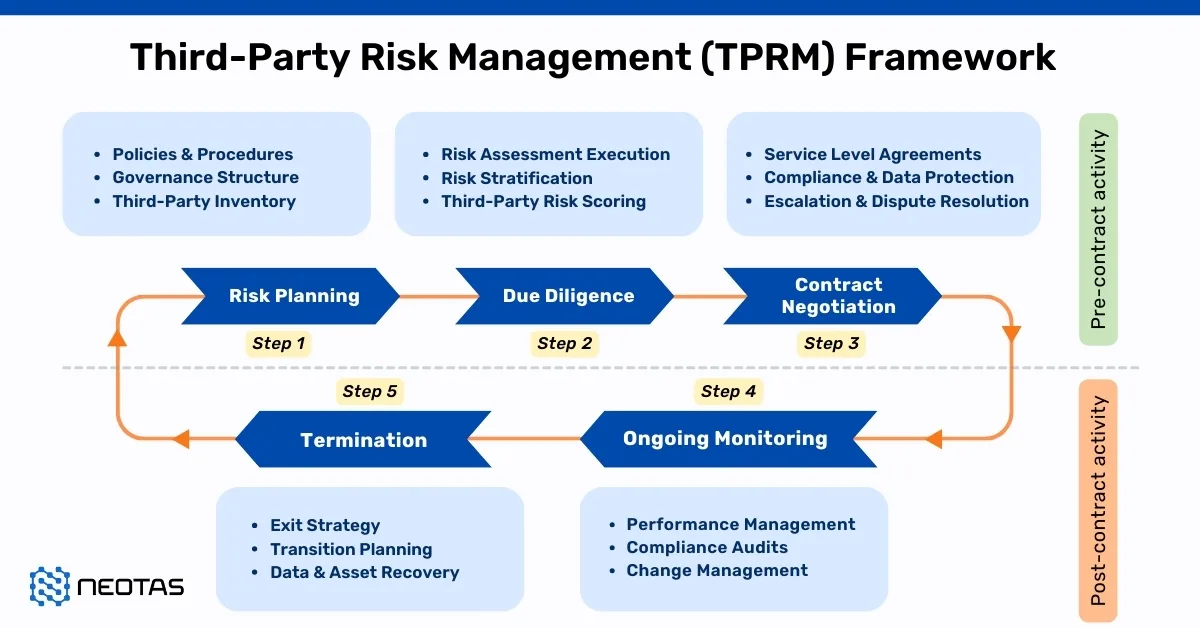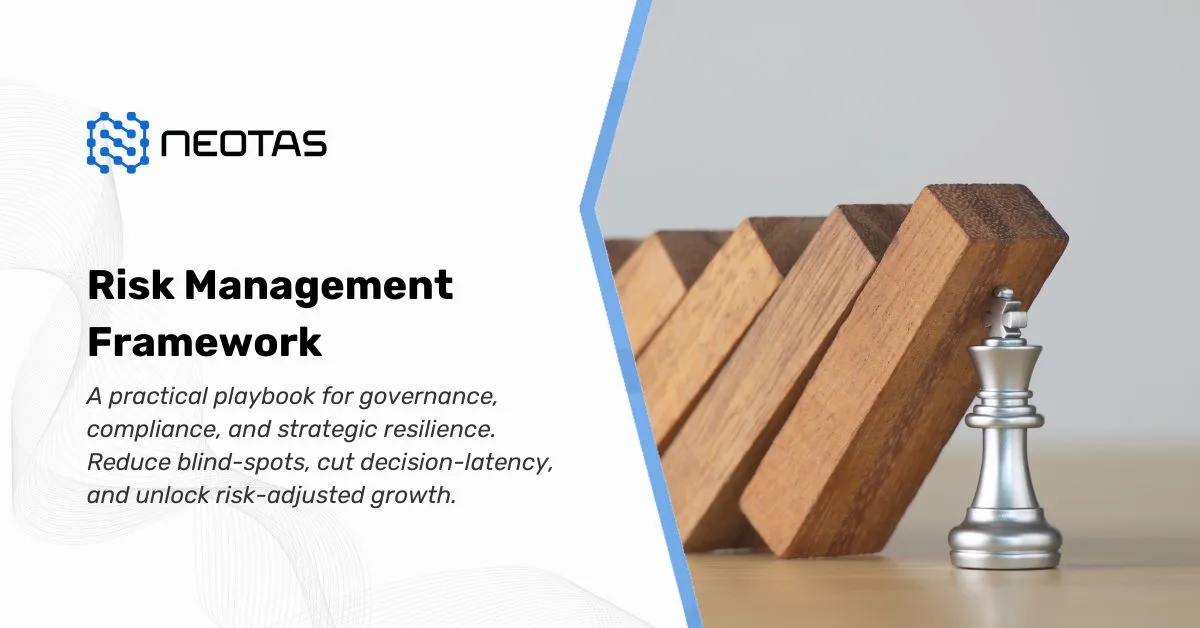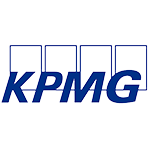For the most part, due-diligence consists of checks against databases (Criminal records, Credit checks, Sanctions lists etc.). This form of structured information is only half the picture. Our innovative method of conducting enhanced due-diligence regularly leads to additional insights that change how business is conducted.
In a recent case, an investment house was looking to invest in an established company. The deal seemed like a certainty, and Neotas were brought in to do a quick check just a few days before contracts were exchanged. A thorough examination of open sources highlighted that the company had recently undergone a change in trading name. This was the sole difference between the two companies: cosmetic. All staff members remained with the company, and the company’s offerings were identical.
The first alarm bell was raised when we recovered deleted customer reviews against the company’s previous trading name. All the deleted reviews we discovered were deeply negative in nature. Further examination uncovered ex-employee reviews of the company. Multiple reviews stated that key management regularly manipulated contracts and would often celebrate this activity by consuming Class A drugs.
Staff members were encouraged to participate with these activities. One review went as far as to describe the company culture as “living on a diet of cocaine, coffee, and lies”.
Management had embarked on a strategy to hide this information from the due-diligence process. The additional information found led to the immediate termination of the deal. Traditional due-diligence is an important component of completing a deal, but in today’s world it’s insufficient. There’s so much more information out there that can be leveraged, and an open-source investigation is the best way to identify business-critical information that traditional methods might miss.
– Reece Wickens & Dan Burke-Ward



 New Whitepaper and Checklist
New Whitepaper and Checklist
























